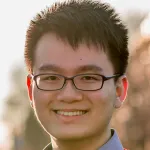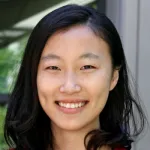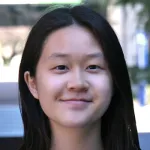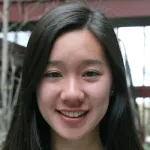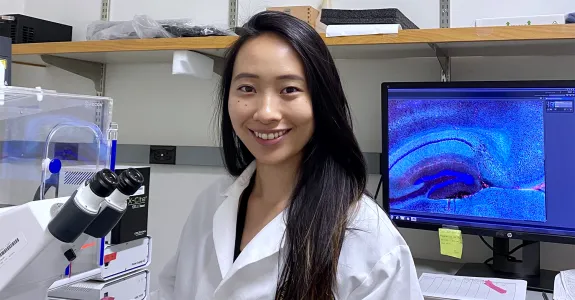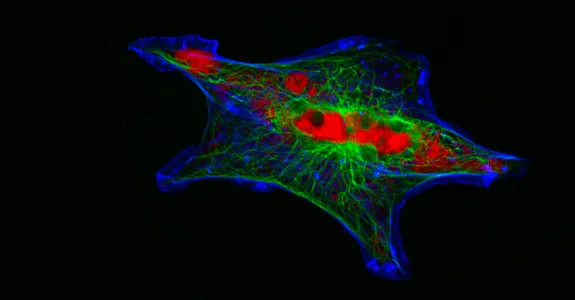
Professor Carolyn Bertozzi's research interests span the disciplines of chemistry and biology with an emphasis on studies of cell surface sugars important to human health and disease. Her research group profiles changes in cell surface glycosylation associated with cancer, inflammation and bacterial infection, and uses this information to develop new diagnostic and therapeutic approaches, most recently in the area of immuno-oncology.
Dr. Bertozzi completed her undergraduate degree in Chemistry at Harvard University and her Ph.D. at UC Berkeley, focusing on the chemical synthesis of oligosaccharide analogs. During postdoctoral work at UC San Francisco, she studied the activity of endothelial oligosaccharides in promoting cell adhesion at sites of inflammation. She joined the UC Berkeley faculty in 1996. A Howard Hughes Medical Institute Investigator since 2000, she came to Stanford University in June 2015, among the first faculty to join the interdisciplinary institute ChEM-H (Chemistry, Engineering & Medicine for Human Health). She is now the Baker Family Director of Stanford ChEM-H.
Named a MacArthur Fellow in 1999, Dr. Bertozzi has received many awards for her dedication to chemistry, and to training a new generation of scientists fluent in both chemistry and biology. She has been elected to the Institute of Medicine, National Academy of Sciences, and American Academy of Arts and Sciences; and received the Lemelson-MIT Prize, the Heinrich Wieland Prize, the ACS Award in Pure Chemistry, and the Chemistry of the Future Solvay Prize, among others.
The Bertozzi Group develops chemical tools to study the glycobiology underlying diseases such as cancer, inflammation, tuberculosis and most recently COVID-19. She is the inventor of "bioorthogonal chemistry", a class of chemical reactions compatible with living systems that enable molecular imaging and drug targeting, for which she was awarded the 2022 Nobel Prize in Chemistry. Her group also developed new therapeutic modalities for targeted degradation of extracellular biomolecules, such as antibody-enzyme conjugates and Lysosome Targeting Chimeras (LYTACs). As well, her group studies NGly1 deficiency, a rare genetic disease characterized by loss of the human N-glycanase.
Several of the technologies developed in the Bertozzi lab have been adapted for commercial use. Actively engaged with several biotechnology start-ups, Dr. Bertozzi cofounded Redwood Bioscience, Enable Biosciences, Palleon Pharmaceuticals, InterVenn Bio, OliLux Bio, Grace Science LLC and Lycia Therapeutics. She is also a member of the Board of Directors of Lilly.



